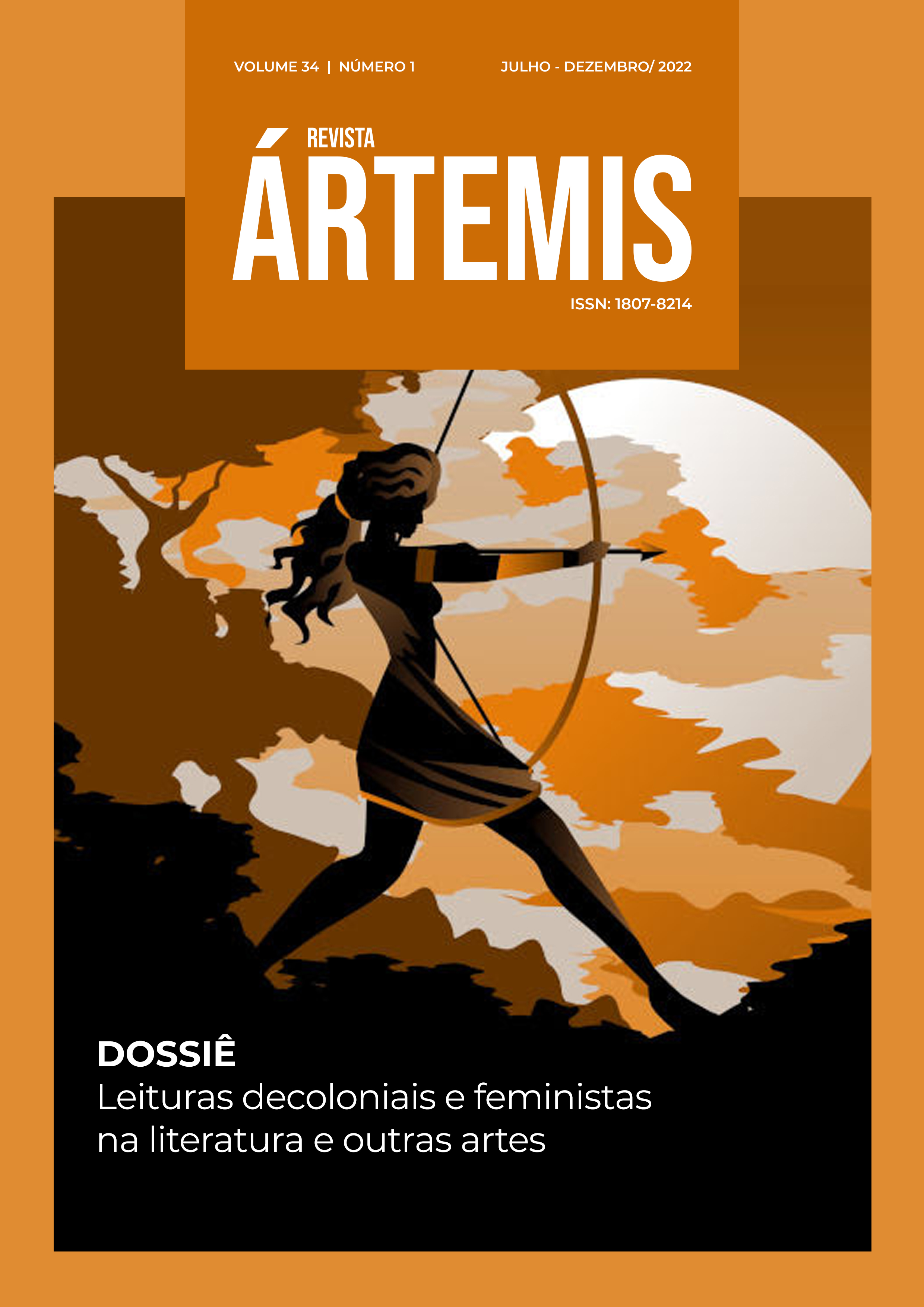Antiracist feminism and decoloniality: art education, race and gender
Keywords:
Art Education, Decoloniality, Feminism, Black WomenAbstract
This article aims to deepen the theoretical-practical proposal of anti-racist feminism through the narratives of black art educators in their teaching and learning spaces. For this purpose, the political-cultural category of Amefricanity, proposed by Lélia Gonzalez, was chosen as a methodological framework. At first, we discussed its origins and its effects on the artistic movement of black women educators and the post-colonial movements that proposed to include the debate on feminism and race in decolonial reflections. Then, it focused on how this feminism, woven and proposed by black women, is being built in the field of art education. Finally, it was concluded that the systematization and reference of anti-racist feminism to the conditions and particularities of gender and race enabled not only new perspectives for the decolonial and feminist movement, but also for the educational and artistic movement. Thus, this work is justified from the social and collective interest with regard to social changes in the fight against racism, gender violence and new educational possibilities, having as a means of dialogue and incorporation the artistic narratives of black educators through their experiences and creations in education spaces.







